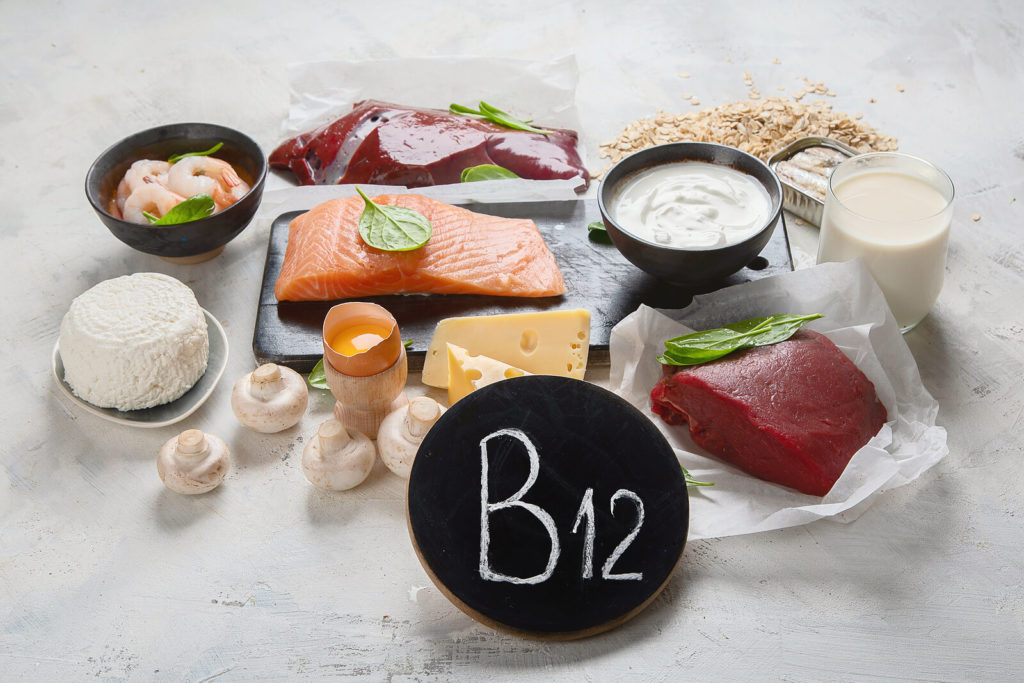What do your parents eat each day? Now look closely at those meals and snacks and see if they’re missing any vital nutrients. The odds are high that they’re not getting enough of several nutrients.
Rising rates of type-2 diabetes and obesity may result from improper eating habits. One of the most significant issues is protein. One study found that 46% of people over 70 are not eating enough protein to maintain healthy muscles. Protein is just one of the nutrients older adults often overlook.
Fiber
Fiber lowers the risk of certain cancers, specifically colorectal cancer, and chronic health conditions like diabetes and heart disease. A fiber-rich diet also helps prevent constipation. Whole grains and beans are good sources of fiber.
Vitamins B6 and B12

B vitamins help with energy and immune function. Vitamin B12 helps with bone strength and is linked to anemia when there are low vitamin B12 concentrations in the blood. Deficiencies may lead to a higher risk of depression and cognitive impairment. Whole grains are a great way to boost your B vitamin intake.
Vitamin D and Calcium
Bone strength is essential, especially if your parents are prone to falling due to the side effects of their medicines. Strong bones are less likely to fracture during a fall, which helps your parents avoid severe injuries that limit their mobility.
Vitamin D and calcium help keep bones strong. Vitamin D helps with calcium absorption. You’ll find calcium and vitamin D in many dairy products and fortified juices, bread, and cereals.
Vitamin E
Seeds and nuts are rich in vitamin E, but few seniors eat enough of these for it to matter. It’s an essential vitamin for your immune system. Get enough vitamin E by snacking on handfuls of almonds or sunflower seeds or adding flax and chia seeds to smoothies.
What Should They Eat?
How do your parents ensure their diet is balanced? It’s not too difficult if they focus on the foods they need rather than want. A variety of colorful vegetables should be their primary focus. Follow that with lean proteins, whole grains, and low-fat dairy.
A proper diet is essential to your parents’ health, but how can you ensure they’re eating the right foods each day? Home care assistance offers services like meal preparation and helps with grocery shopping.
With a caregiver joining them on shopping trips, your parents have someone able to read nutritional labels to avoid foods that are too high in saturated fat, sugar, and sodium. Back at home, caregivers can carry in the groceries, put them away, and prepare healthy meals and snacks. Call a home care assistance agency to get started.
Sources:











